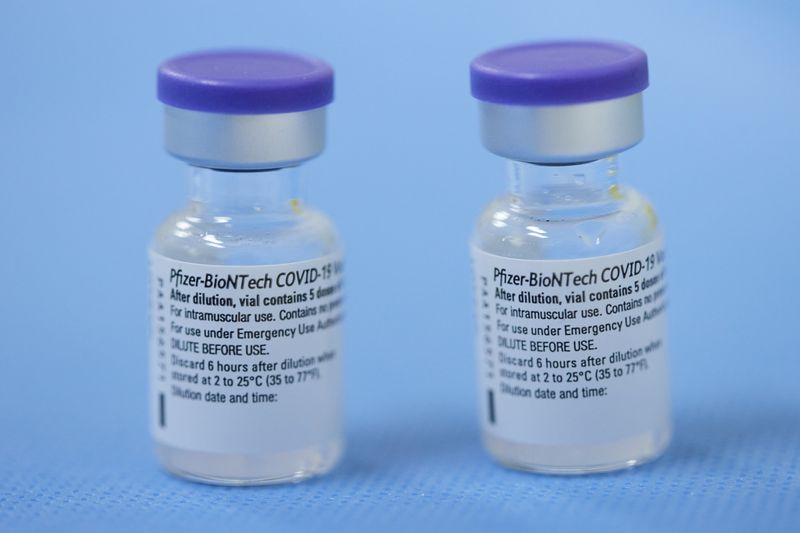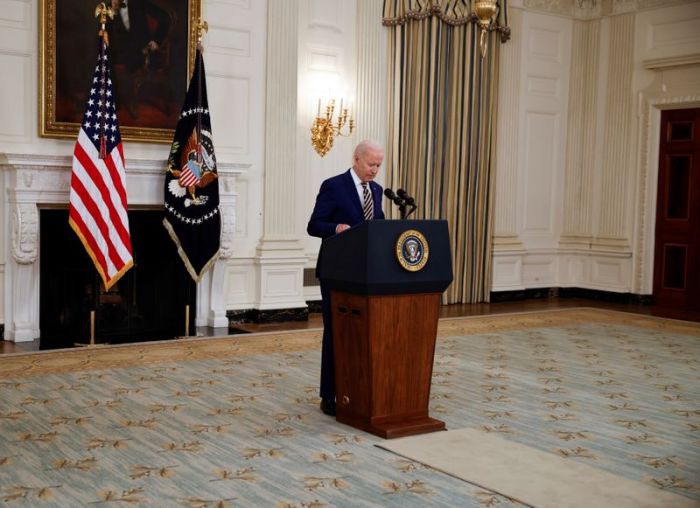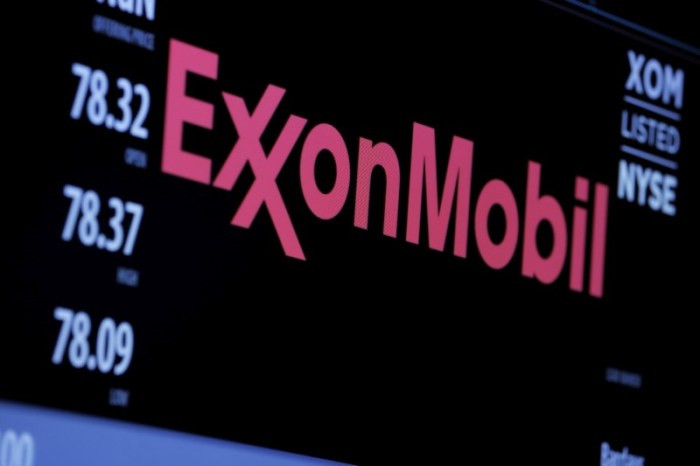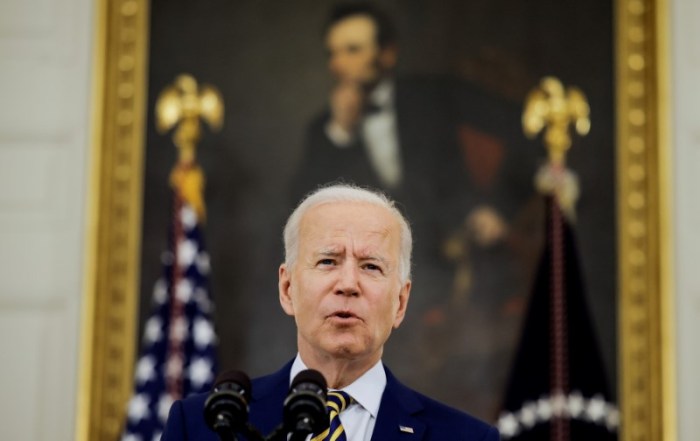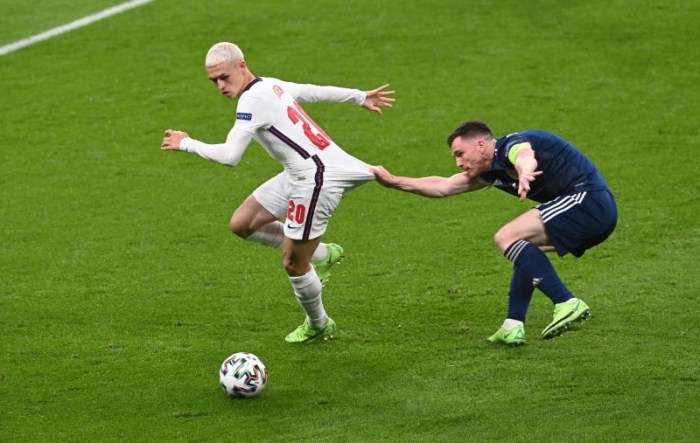MANILA (Reuters) -The Philippine government has signed a supply agreement for 40 million doses of the COVID-19 vaccine developed by Pfizer Inc and BioNTech SE, in its biggest coronavirus vaccine deal to date.
Deliveries of the vaccine will begin in late September, Carlito Galvez, head of the government’s COVID-19 vaccine procurement, said on Sunday. It “will significantly boost our national immunisation programme and will enable us to realise our goal of achieving herd immunity by year-end,” he said.
The Philippines has now ordered 113 million doses from five vaccine manufacturers, including 26 million from China’s Sinovac, 10 million of Russia’s Sputnik V, 20 million doses from Moderna and 17 million doses from AstraZeneca.
So far, the Philippines has adminstered slightly more than 8 million doses, of which about 6 million were first doses, making slow progress towards the government’s target to vaccinate up to 70 million people this year in a country of 110 million.
The Philippines earlier this month started a programme to vaccinate 35 million people working outside their homes, while continuing to inoculate priority sectors such as healthcare workers and the elderly.
Vaccine supply around the capital Manila remains limited, while COVID-19 cases in several provinces have surged, complicating efforts to ramp up the immunisation drive in a country with some of Asia’s largest numbers of infections and deaths.
The Philippines also expects 44 million doses from the international COVAX vaccine sharing facility. Orders of 16 million doses of vaccines developed by Novavax and Johnson & Johnson were still under negotiation, Galvez said.
The Philippines will allow the Pfizer-BioNTech vaccine to be given to children aged 12 to 15, possibly starting later this year, he said.
To help boost the government’s COVID-19 response, a team of medical experts from the Israel Ministry of Health has arrived in Manila. Israel has been a world leader in rolling out vaccines, having successfully reduced its active COVID-19 cases and gradually reopened its economy. Most of its population has received the Pfizer-BioNTech vaccine.
Galvez said the health experts will share strategies, including how to address vaccine hesitancy.
(Reporting by Enrico Dela Cruz; Editing by William Mallard and Christopher Cushing)

